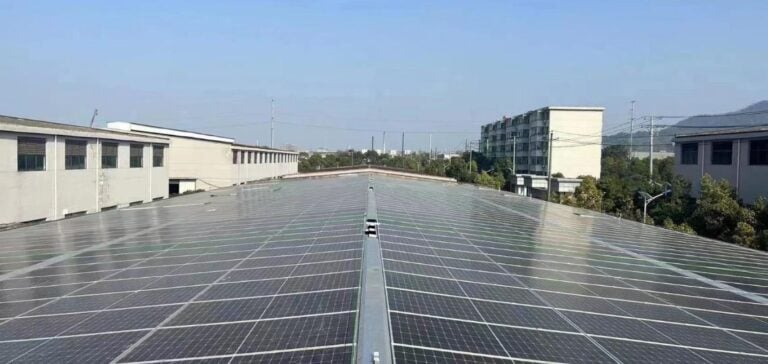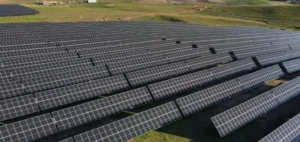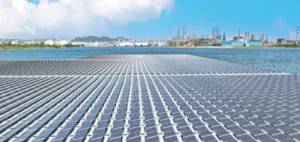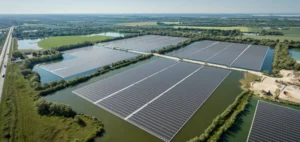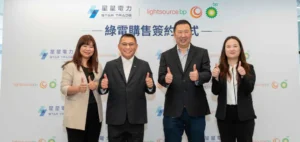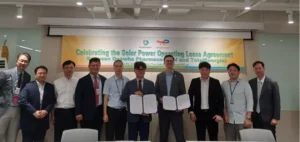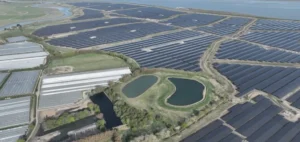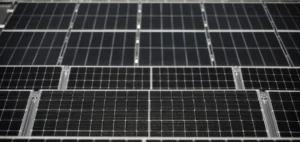In June 2024, the Chinese company DAS Solar will inaugurate a solar panel factory in Mandeure, near Montbéliard, in the Doubs department. This initiative represents an investment of €109 million for the construction of three assembly lines capable of producing 3 gigawatts (GW) of solar panels annually. This production capacity places the factory among the most ambitious projects in the photovoltaic sector in Europe.
The management of DAS Solar announced that the site, acquired on Monday, will employ between 450 and 600 people once operational. Recruitment will begin next month. According to Shi Si, the company’s vice president, this investment responds to the European Union’s growing demand for locally manufactured products. This strategy also aligns with DAS Solar’s goal of developing a comprehensive photovoltaic supply chain in Europe, including the production of photovoltaic cells and necessary components such as cables and connectors.
A Strategic Position in Europe
Founded in 2018, DAS Solar already operates 14 factories in China, with a combined capacity of 55 GW and a global workforce of 8,900 employees. This new factory in the Doubs region marks a significant step in its international expansion. Before selecting France, the company considered options in Germany and Spain. However, the rapid involvement of French authorities and support from local communities were decisive factors.
The project also plans to collaborate with local and Chinese partners to subcontract certain activities. This entire production chain could generate a total of 2,500 jobs, according to estimates provided to local authorities.
Competition and Geopolitical Challenges
China’s dominance in the photovoltaic sector is indisputable: eight out of ten solar panels are manufactured in China, and the ten leading global suppliers are all Chinese. In 2023, Chinese panel exports reached a record €45 billion, according to the analysis firm Wood Mackenzie.
This dominance has sparked geopolitical tensions. The United States imposed 50% tariffs on Chinese solar panels, while the European Union is investigating potential excessive subsidies received by Chinese manufacturers. These measures aim to counter the deliberate overcapacity attributed to Beijing, accused of selling products at rock-bottom prices to undermine competitors.
Despite this context, DAS Solar’s new factory in France could strengthen European energy sovereignty while contributing to the energy transition.

